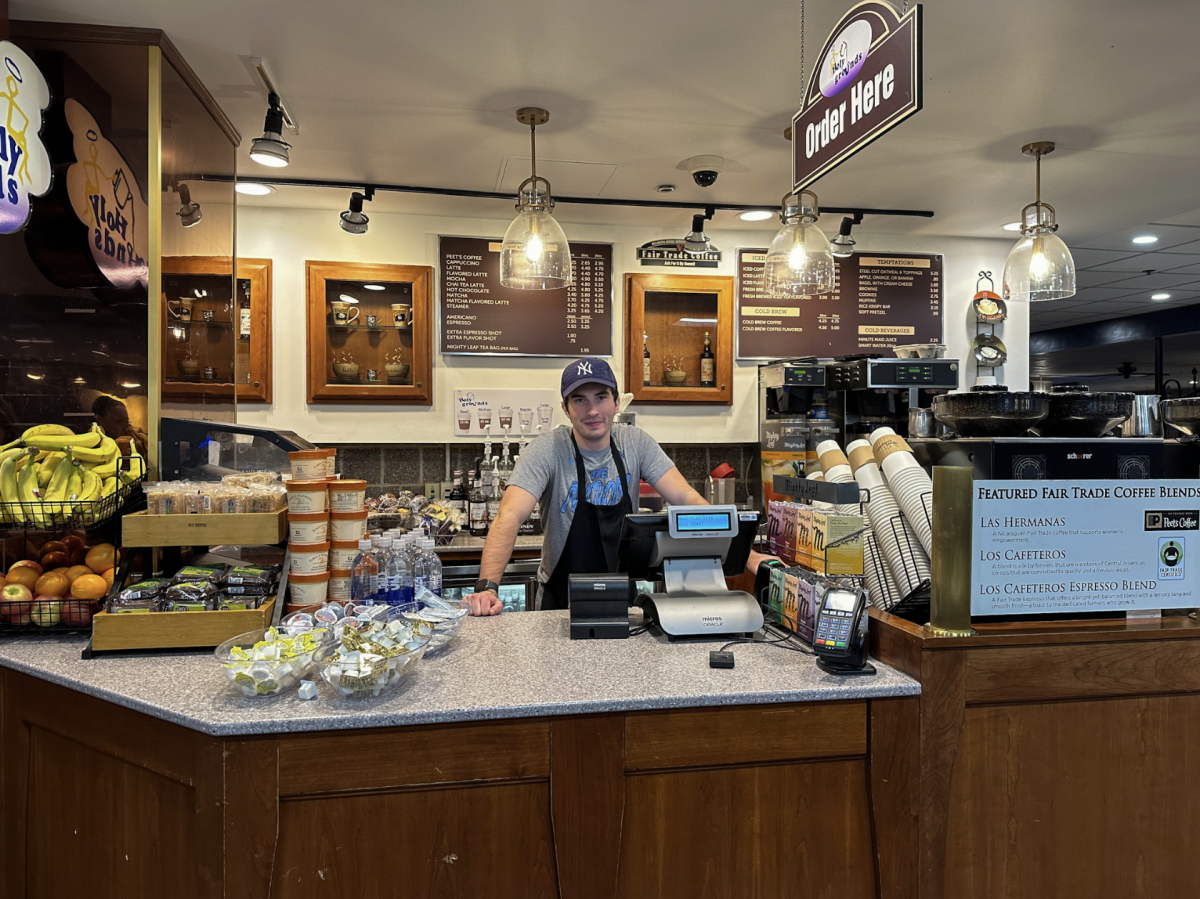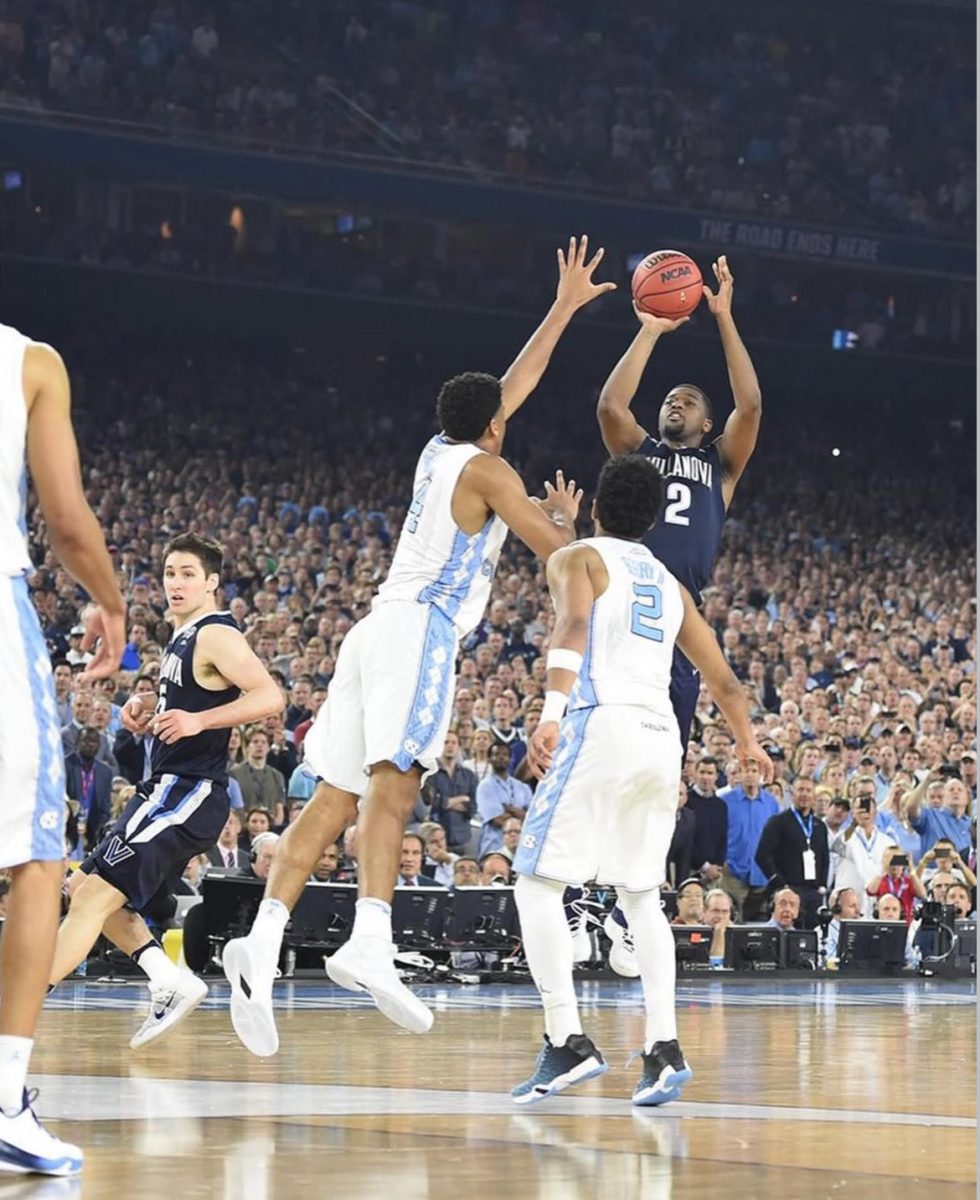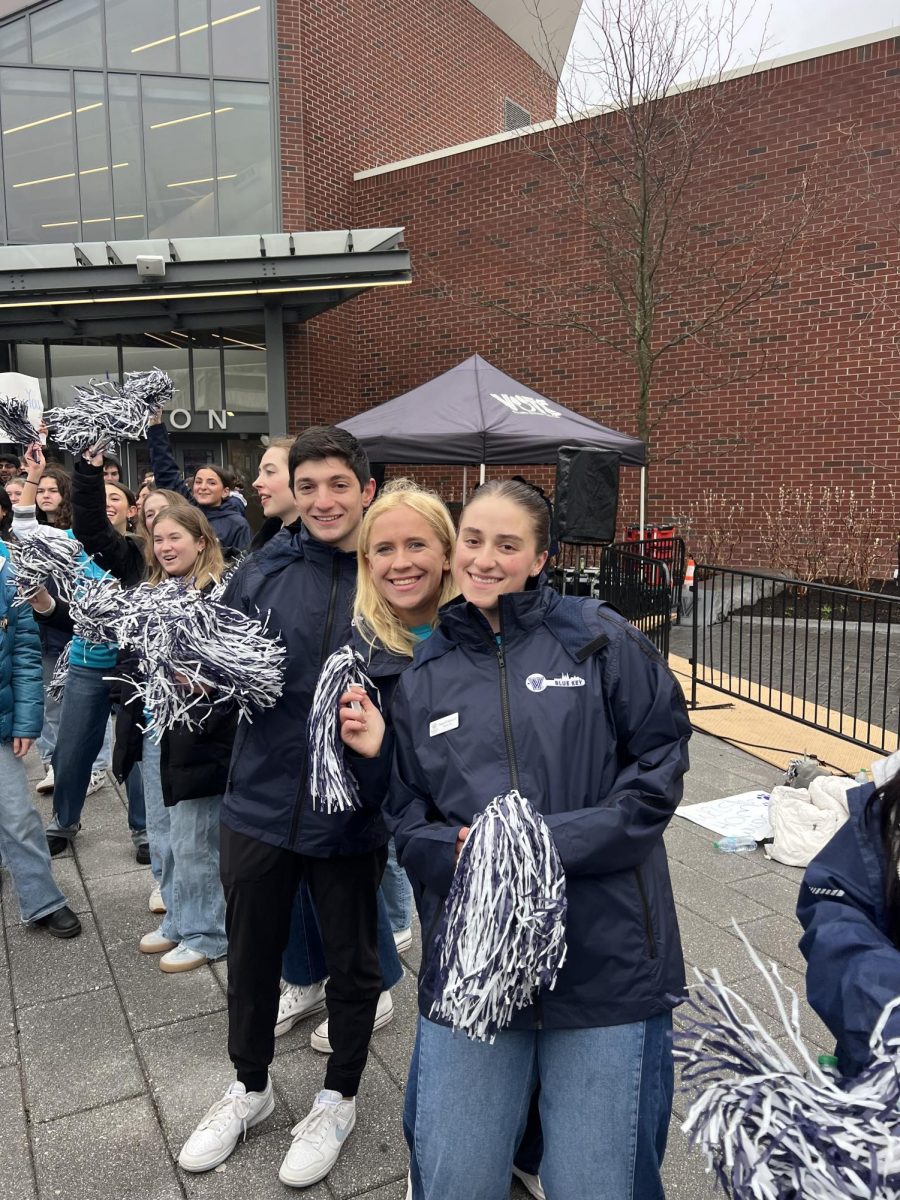In 2020, approximately 40% of full-time undergraduate students nationwide held jobs while pursuing their degrees, according to the Bureau of Labor Statistics. Recent years’ admissions profiles indicate that around two-thirds of students accepted to Villanova held paying jobs in high school, but the number of enrolled Villanovans working campus jobs is not known. However, judging by the number of fellow undergrads working jobs that most of us know, it’s safe to assume that this group makes up a significant part of the student population.
By taking a look at the University’s job postings site, one can see more than 150 positions open for students with a range of skill sets, availability hours and areas of interest. From paid opportunities in different academic departments to research programs to service roles, it seems there is no shortage of opportunities to make some much-needed money between classes, fitting these employment opportunities into a Villanovan’s already-busy schedule. However, students working these roles demonstrate a range of opinions on the adequacy of their wages and the convenience of the job offerings available on campus.
Victoria Phillips, a freshman biology major, reflected on her role as an assistant in the Office of Student Life under Vice President of Student Life Kathy Byrnes.
“I get paid $10 an hour, but I think that’s fair,” Phillips said. “On any given day, I typically don’t have many involved tasks I am doing. If no one is in and someone calls or comes in, I will take those messages for my boss, or sometimes I will walk things over to different buildings and assist with miscellaneous tasks when they come up. Considering the nature of my work, I think the amount I make is completely fine.”
Jamal Harrison, a junior psychology major who works at the Donohue Market and the Connelly Center as a cashier, echoed these sentiments.
“I think that on-campus jobs are all right,” he said. “At least from my experience working at Villanova so far, I’ve been treated fairly regarding my economic status and it is understood that my academics are my priority. Although I can’t speak for everyone with an on-campus position, I think the pay for my job on-campus at least is very good.”
For any students seeking on-campus employment, quotas in scheduling are in place to ensure students have enough time to dedicate to academics, involvement and their social lives.
According to the Villanova University Student’s Guide to Employment, “The Student Employment Program allows currently enrolled students, excluding University faculty and staff employees, to work up to 20 hours per week during the Fall and Spring semesters and 35 hours per week during the Summer semester and academic breaks to earn funds to help pay for their educational expenses.”
On paper, these time limits may not seem like an issue, but in practice, the hours that are open for many students to clock in at their campus jobs may not be the most practical options.
Freshman psychology major Kiera Edge, who previously worked in Villanova’s Advancement office, agreed, contending that hours pose more of a challenge than the pay itself.
“Because of the low effort required for many student jobs here on campus, I believe that students are paid adequately,” she said. “Considering the reason students seek out jobs, however, the low wages and shift hours during prime study and class time. Therefore, these jobs are not conducive to the ‘work-study’ brand that supposedly benefits students in paying for our high tuition. In my experience, after having an on-campus job, it was more productive to get a job off-campus.”
It seems as though any student who wants an opportunity to work will find one. It’s not availability of options in the application phase that poses a problem. Instead, it’s the specific programs’ lack of flexibility.
After all, Villanova student workers need to be seen not just as employees but the students and community members that they are.






